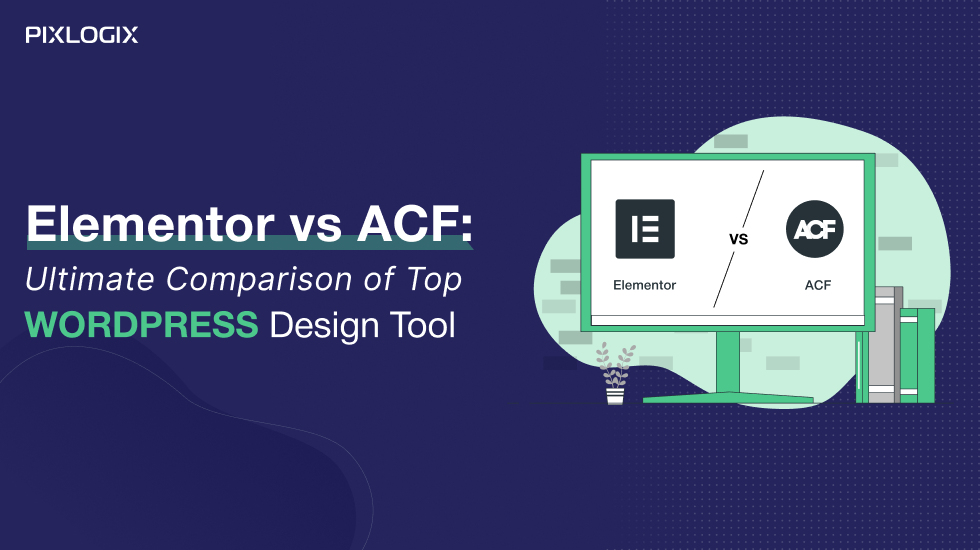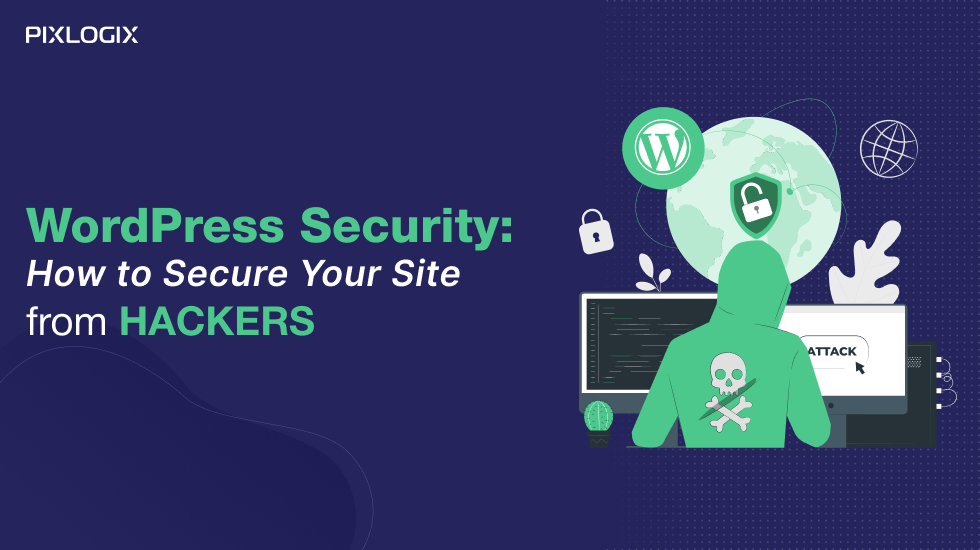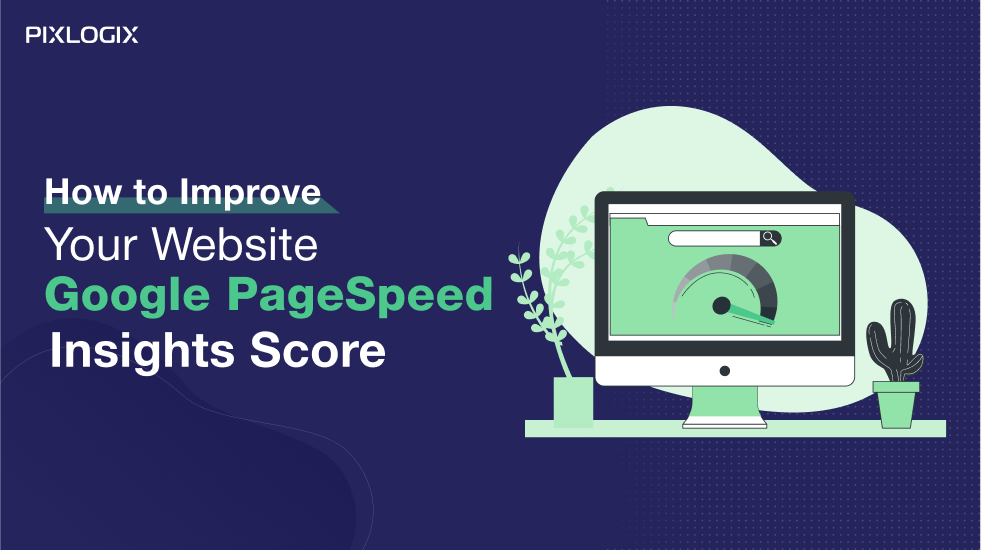The Ultimate Guide to Choosing WordPress: Pros and Cons
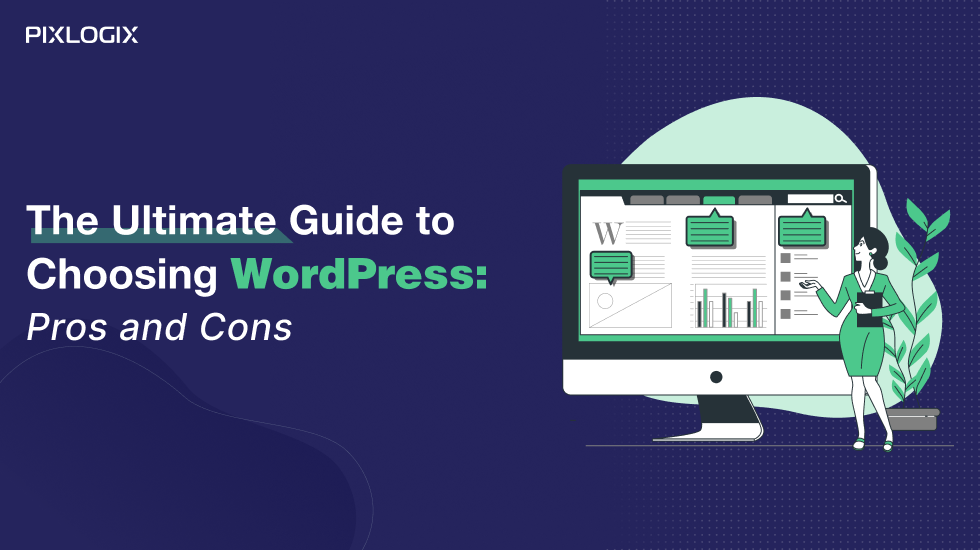
- Last Updated On July 17, 2024
- 15 min read
With over 43% of all websites powered by WordPress, it’s hard to ignore its dominance in the Content Management System (CMS) world. But is it the perfect fit for your website? Before you jump on the bandwagon, let’s delve into the pros and cons, stats, and key decision points to help you choose the optimum platform for your online kingdom.
Lets Explore The Ultimate Guide to Choosing WordPress: Pros and Cons
What is WordPress?
WordPress is a well-liked content management system that makes creating a website or blog easy. It is an open-source software so, you can install this in your hosting and design your website for free. WordPress is well known for its versatility, particularly among bloggers and small business owners.
Stats Related to WordPress
Here are some major stats explaining how WordPress is powering the website world.
- WordPress powers more than 43% of all websites on the internet. [Refer – w3techs]
- Furthermore, it controls 63% of the CMS market. Other website-building programs are incomparable. [Refer – w3techs]
- Websites for well-known companies like Disney, Sony, Facebook, and others are powered by WordPress.
- WordPress powers 27.55% of the top 10,000 websites.
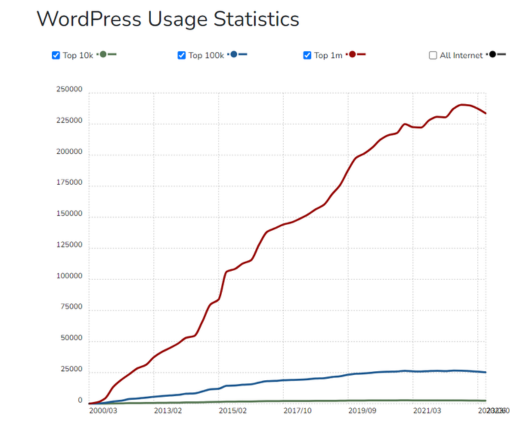
[Refer – builtwith]
- More than 1,000 new WordPress websites are added daily to the top 10 million domains that W3Techs.com monitors.
Let’s clarify a crucial point before getting into the body of this piece. There are two different WordPress versions available. Let’s discuss them one by one.
WordPress.com vs. WordPress.org
The WordPress.com version offers cloud-based solutions for downloading, safe third-party hosting, or similar activities. Simply register, select a topic, and begin.
Next, let’s discuss WordPress.org. It is an open-source version of WordPress. You need to download the software and upload it to a hosting provider to use this version. Some hosting providers offer one-click installation for the WordPress server side. You just have to pick the domain name and install your WordPress. After the installation, you need to design your website with the help of themes, plugins, and settings you want.
WordPress.org is a good match for a business that wants a regular website. Many professional web development agencies also recommend this CMS platform for every business level. From now on, we will talk about WordPress.org in this blog. Additionally, we discuss all the pros and cons irrespective of WordPress.org for your business website.
After reading this, we hope you understand the power of WordPress and the difference between WordPress.com vs WordPress.org. Now, let’s discuss the pros and cons of WordPress.
Pros and Cons of WordPress: Why Use the Platform?
Here are the top 10 benefits of using WordPress for developing your website:
#1: Seamless Installation
WordPress is a very easy-to-install CMS platform for non-techie people. You need a web hosting provider to host your website. Many hosting companies offer one-click WordPress installations, making the process smoother. After that, you’ll need to register a domain name (e.g., www.sample.com) and set up hosting for your website. Some hosting providers offer both domain registration and hosting services.
After installation, you can choose a theme for your website’s design. WordPress has a default theme, but you can easily install and activate other themes to change the look and layout. From here, you can customize various settings, add plugins, create pages, write posts, and more. Get help from a WordPress development agencies that makes your WordPress installation process easy.
Read Also:- WordPress vs Squarespace: Which is Best for Your Business?
#2: WordPress Simplified Content Creation Process
Content creation platforms, whether blogging systems, website builders, video editors, or social media tools, aim to provide intuitive and user-friendly interfaces. These interfaces often include drag-and-drop functionality, WYSIWYG (What You See Is What You Get) editors, and easy-to-understand menus, allowing creators to design and structure their content without needing in-depth technical knowledge.
Many content creation tools offer pre-designed templates or presets that creators can customize to fit their needs. These templates provide a starting point and help maintain a consistent look and feel across different pieces of content.
Read Also: HubSpot CMS vs WordPress: The Epic Battle of the Century
#3: WordPress is Open Source Software
Open source projects provide access to their source code, allowing anyone to examine how the software works, understand its inner workings, and identify potential issues or security vulnerabilities. WordPress uses this principle to provide freedom to modify the source code. This means that individuals and developers can make changes, improvements, and customizations to the software based on their needs.
While open-source software allows for freedom to access, modify, and distribute the code, it is typically governed by licenses that outline the specific terms and conditions for usage. Common open-source licenses include the General Public License (GPL), MIT, Apache, and more. You need to hire a WordPress web design agency to get customized WordPress CMS development services.
Read Also: How to Hire Dedicated WordPress Developers in India?
#4: Thousands of Themes and Plugins to Choose From
WordPress is a widely used open-source CMS that offers a robust ecosystem of themes and plugins. Themes in WordPress are pre-designed templates that determine your website’s visual appearance and layout. There are thousands of free and premium themes available. Whether you’re running a blog, an online store, a portfolio, a corporate site, or anything else, you can find themes tailored to your specific needs.
Unlike Themes, Plugins are add-ons that extend the core functionality of WordPress. They allow you to add features and capabilities to your website without requiring custom coding. Installing plugins is a straightforward process. You can search for plugins directly from your WordPress dashboard, install them with a click, and activate them to start using the new functionality.
Read Also: WordPress for My Business Website: 10 Important Reasons Why Should I go with
#5: SEO-Friendly CMS Platform
Having an SEO-friendly site is another benefit of WordPress. An SEO-friendly CMS platform, such as WordPress, is designed to facilitate and enhance websites’ search engine optimization (SEO) efforts. SEO refers to the practice of optimizing your website’s content and structure to improve its visibility in search engine results, ultimately driving organic (non-paid) traffic to your site.
WordPress offers a wide range of SEO plugins, the most popular being Yoast SEO. These plugins provide tools and features that guide you in optimizing your content for specific keywords, meta titles, descriptions, XML sitemaps, and more.
#6: WordPress has Multilingual Support
Multilingual support ensures that users can consume and understand content in their preferred language, leading to improved user experience, broader reach, and better communication. These platforms typically offer a language selection feature. Users can choose their preferred language from a list of available options. This choice determines the language in which the content will be displayed to the user.
The core aspect of multilingual support involves translating content from the default language into other languages. This translation process can be manual, automated using translation tools, or a combination of both. In websites, a common practice is to use different URLs or subdomains for each language version.
#7: WordPress Offers Frequent Updates
Updates often include patches and fixes for bugs, vulnerabilities, and security issues that might have been identified since the previous version. Keeping software up-to-date helps ensure a secure and stable user experience.
Regular updates can help retain users and customers by demonstrating that the product is actively maintained and developed, increasing their confidence in its long-term viability. In rapidly changing markets, frequent updates help a product remain relevant and competitive. It allows the product to adapt to changing user needs and technological advancements.
#8: Highly Flexible
Flexibility enables businesses and systems to keep up with changing requirements, trends, and customer expectations in rapidly evolving environments. Flexible systems foster innovation by allowing experimentation and incorporating new ideas and technologies.
These features can be adapted to new needs without requiring major investments in new infrastructure or systems. Businesses that can quickly respond to changing market conditions or customer needs gain a competitive edge.
#9: Easy to Scale
Easy to scale involves upgrading, adding new functionalities, changing designs, and accommodating increased traffic without requiring extensive technical expertise or major disruptions. WordPress offers a vast library of themes and plugins that allow you to customize your website’s design and functionality.
If you start with a basic portfolio website, for example, and later decide to transform it into an online store, you can switch to a suitable e-commerce theme and integrate plugins like WooCommerce to enable online selling. WordPress allows you to change your website’s appearance by simply swapping out themes. This makes it easy to give your site a fresh look or adapt its design to match your evolving brand or content strategy.
#10: WordPress is Mobile-Friendly and Responsive
A mobile-friendly website is designed and optimized to provide a good user experience, specifically on mobile devices such as smartphones and tablets. This involves creating layouts and functionalities that are easy to navigate and interact with on smaller screens.
Content and design elements are adjusted to fit smaller screens, ensuring that users don’t need to zoom in or scroll excessively. Mobile versions of websites often prioritize the most essential content, ensuring that users get the information they need without overwhelming them with excess information.
WordPress Cons: Reasons Why You Should Choose Another
There are many reasons to seek out and use WordPress. After covering the pros, let’s explore a few cons and reasons not to use WordPress now.
#1: Security Concerns
While WordPress is a highly popular and versatile content management system, it’s important to acknowledge that it’s not immune to security concerns. Like any other software platform, WordPress faces certain vulnerabilities and risks that can impact the security of websites built on it.
WordPress’s extensive library of themes and plugins offers great flexibility, but poorly coded or outdated third-party themes and plugins can introduce security vulnerabilities. Hackers might exploit these vulnerabilities to gain unauthorized access or compromise the website’s integrity.
Read Also: Website Security Certification: The Key to Keeping Your Website Safe
#2: Plugin Compatibility Issues
Plugin compatibility issues occur when two or more plugins, or a plugin and a theme, conflict with each other, disrupting the proper functioning of a website or web application. These conflicts can lead to a range of issues, from minor glitches to severe performance problems and crashes. Plugin compatibility is a common challenge in web development, especially when working with complex ecosystems like WordPress.
Plugins can use similar code libraries, functions, or hooks that might conflict when used together. If one plugin modifies or affects code that another plugin relies on, it can lead to unexpected behavior. Plugins that use JavaScript might have conflicts if they load similar scripts or if their scripts interact in unintended ways.
#3: Regular Maintenance Required
WordPress core, themes, and plugins regularly release updates to address security vulnerabilities. Your website could be exposed to hacking attempts and other cyber threats without regular updates. Updates often include bug fixes that address issues with the software’s functionality. Regular maintenance ensures that your website is running smoothly without glitches.
As technology evolves, updates ensure that your website remains compatible with newer devices, browsers, and server configurations. Updates might include performance enhancements that improve the speed and responsiveness of your website, leading to a better user experience.
#4: Performance Challenges
Performance is another challenge for WordPress websites that refers to issues related to speed, responsiveness, and overall user experience that are negatively impacted. These challenges can arise due to various factors, such as heavy use of plugins, themes, media files, and insufficient optimization.
Using too many plugins, especially resource-intensive ones, can increase the server load and cause conflicts, resulting in slower page loading times. Complex and feature-rich themes might require more resources to load, leading to slower performance, especially if the theme isn’t optimized for speed. Large images, videos, and other media files can increase page load times. Unoptimized media files can consume excessive bandwidth and slow down the website.
#5: No Dedicated Support
Without dedicated support, users might not receive personalized assistance tailored to their unique needs and challenges. Support requests might take longer to be addressed without a dedicated team to handle them promptly. Dedicated support teams often have specialized knowledge about the product or service, which can lead to more effective problem-solving.
Users might need to rely on community forums, online documentation, or general customer service for assistance, which might not always provide detailed or specific solutions. If there’s no dedicated support, assistance might only be available during certain hours or through specific channels.
The Verdict: Pros and Cons of WordPress
WordPress is an extremely popular CMS platform for business websites. WordPress is user-friendly, making it accessible for beginners to create and manage websites without extensive technical knowledge. The installation of WordPress is straightforward, even for non-technical users. The intuitive editor and media management make content creation and publishing hassle-free. Being open-source, WordPress is highly customizable and has a large community contributing to its development.
However, if you want more details about WordPress development or website development, contact India’s leading WordPress web design agency, Pixlogix Infotech Pvt. Ltd. It is a top-notch web design and development company with a highly qualified and skilled developers team.
Samir Bhimbha
Samir Bhimbha is the Founder & CEO of Pixlogix Infotech Pvt. Ltd. which offers web and app solutions to fulfill business's online needs and help to improve their online presence with many clients in the USA, Europe, Australia, and more. He is a skilled entrepreneur, web designer, developer, and team leader who can handle every situation. With 15+ years of experience in UX/UI design and web development, he is leading a team of IT professional talents.
Related Post
Get in Touch Now!
Have a word with our expert consultants about your next project to get suggestive guidance & proposal.
Sales Inquiry
Chat with us about your project for a custom solution and quote.








